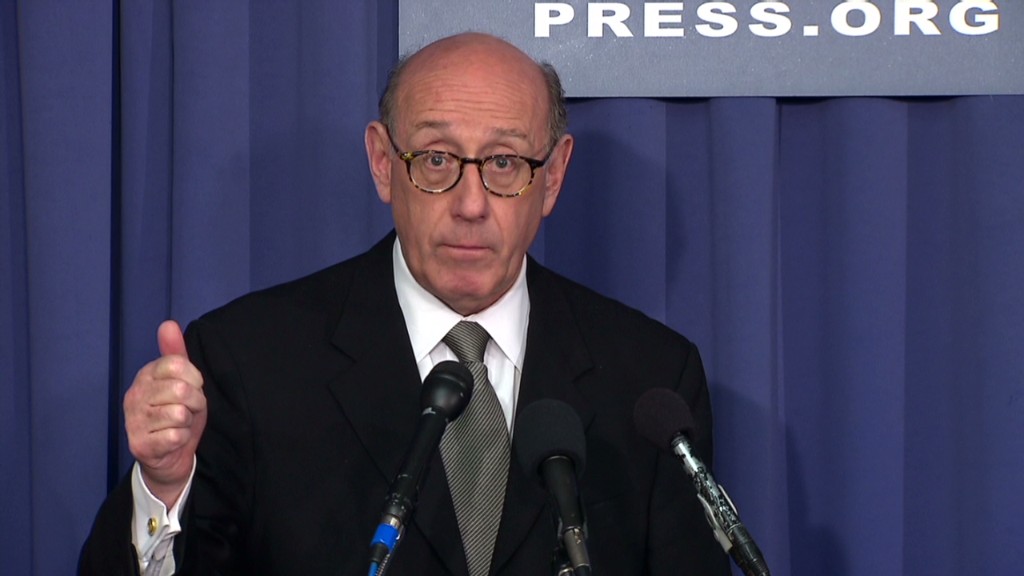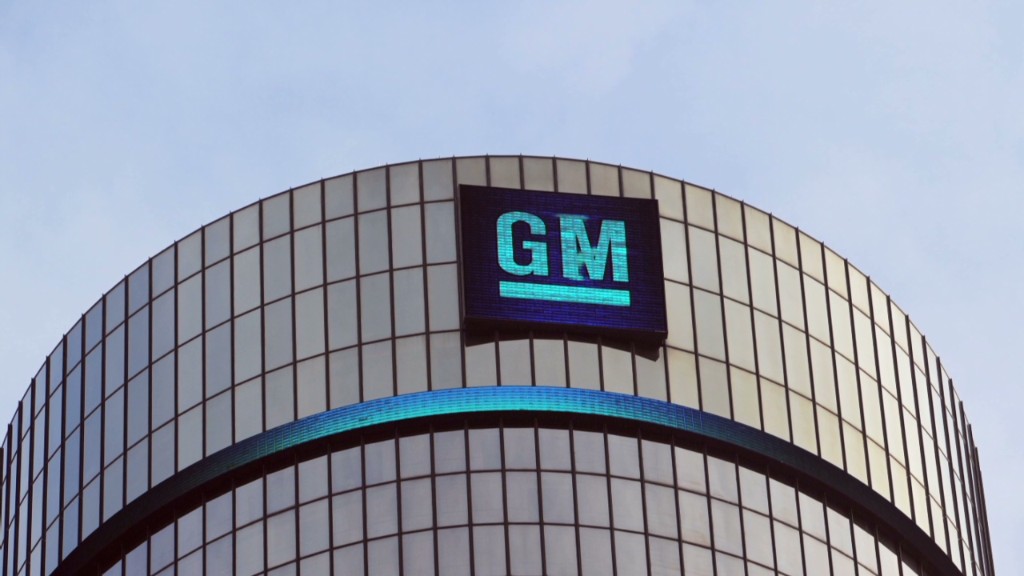
There's no such thing as free money, but the compensation General Motors is offering victims comes pretty close.
GM has said it would pay more than $1 million to the families of those who died as a result of a defect in its cars. Victims who suffered injuries are also eligible for compensation.
Those who take the money have to give up their right to sue GM.
But the money will likely be tax free, like all personal injury awards. The offer could also work out to be cheaper and less of a hassle when compared to hiring a lawyer and going to court.
Of course, that doesn't mean there's no work at all for claimants. Kenneth Feinberg, the attorney hired by GM (GM) to administer the program, doesn't simply hand over a check to those seeking compensation.
Victims must file a claim with documentation that proves their car crash was caused by the faulty ignition switch. A police report or computer data captured by the vehicle's event data recorder are applicable. Medical records are required for injury claims.
Related: GM offers victims more than $1 million
In the case of a death claim, a family member must submit documentation showing past income so that the award can be based on lost future earnings.
It's not necessary to hire an attorney under Feinberg's plan. Lawyers typically receive about one-third of a settlement, said Carl Tobias, a law professor at the University of Richmond.
But those who want to pursue their case in court will have no choice but to hire an attorney and also take the risk of losing.

Lawsuits also mean people have to make themselves available for deposition in court, hire experts, and disclose numerous documents, said Robert Carey, an attorney who serves as co-counsel of a suit filed against GM over the botched recall.. The cases can also go on for a long time if the automaker appeals a decision, or worse, files a motion to dismiss.
"It's extremely costly and time consuming. And these are difficult cases," he said.
Carey said that the first step for all victims and their families is to file a claim with Feinberg.
If the victims don't like the money offered, only then should they consider suing GM.

